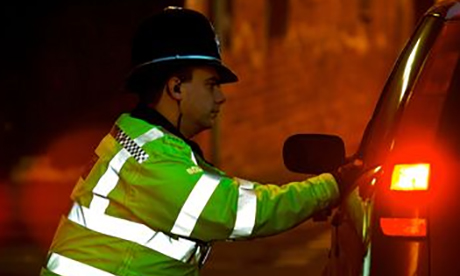Complaints relating to prostitution in Hackney up 70 per cent
Complaints by Hackney residents about anti-social behaviour relating to prostitution have gone up by 70 per cent over the past year, according to London Metropolitan Police.
Inspector Paul Standing said that the issues are currently most pronounced in Dalston and Shacklewell.
Insp. Standing said that the anti-social behaviour complaints related “not to prostitution itself, but what it brings with it.” Complaints registered include increased traffic, noisy cars, people shouting, used condoms, urination and criminal damage. Residents have also reported “drug paraphernalia and human faeces on [their] front lawn or steps.”
Police have employed anti-social behaviour legislation, issuing warning letters to clients’ homes, ordering temporary dispersal zones and arresting kerb-crawlers where an offence has been committed.
Another element of the police strategy in managing sex work in the borough has been “supporting sex workers to leave the profession”. Insp. Standing stated the charity Open Doors supports the women, adding that “the majority have a drug habit”. The borough itself organises regular ‘street users’ outreach meetings’ to provide advice and support.
According to Insp. Standing, there is “no rhyme or reason” to the profile of either sex workers or their clients in Hackney. He highlighted that the clients include men “from city bankers to Joe Bloggs – from no particular ethnic background and no particular socioeconomic group”.
The police also offers a rehabilitation course to sex work clients as an alternative to further proceedings. The £200 course includes education about the impact of sex work on women, on relationships and about the legal implications of prosecution. The men also watch residents giving impact statements, describing their negative experiences.
The police response, said Insp. Standing, has been “intelligence-led”, adopting a “multi-agency approach” involving residents, local authorities, the NHS, registered social landlords and the United Kingdom Border Agency, if any trafficking or immigration issues arise.
Open Doors, which offers support to people working in the sex industry in East London, was unable to comment at this time.

